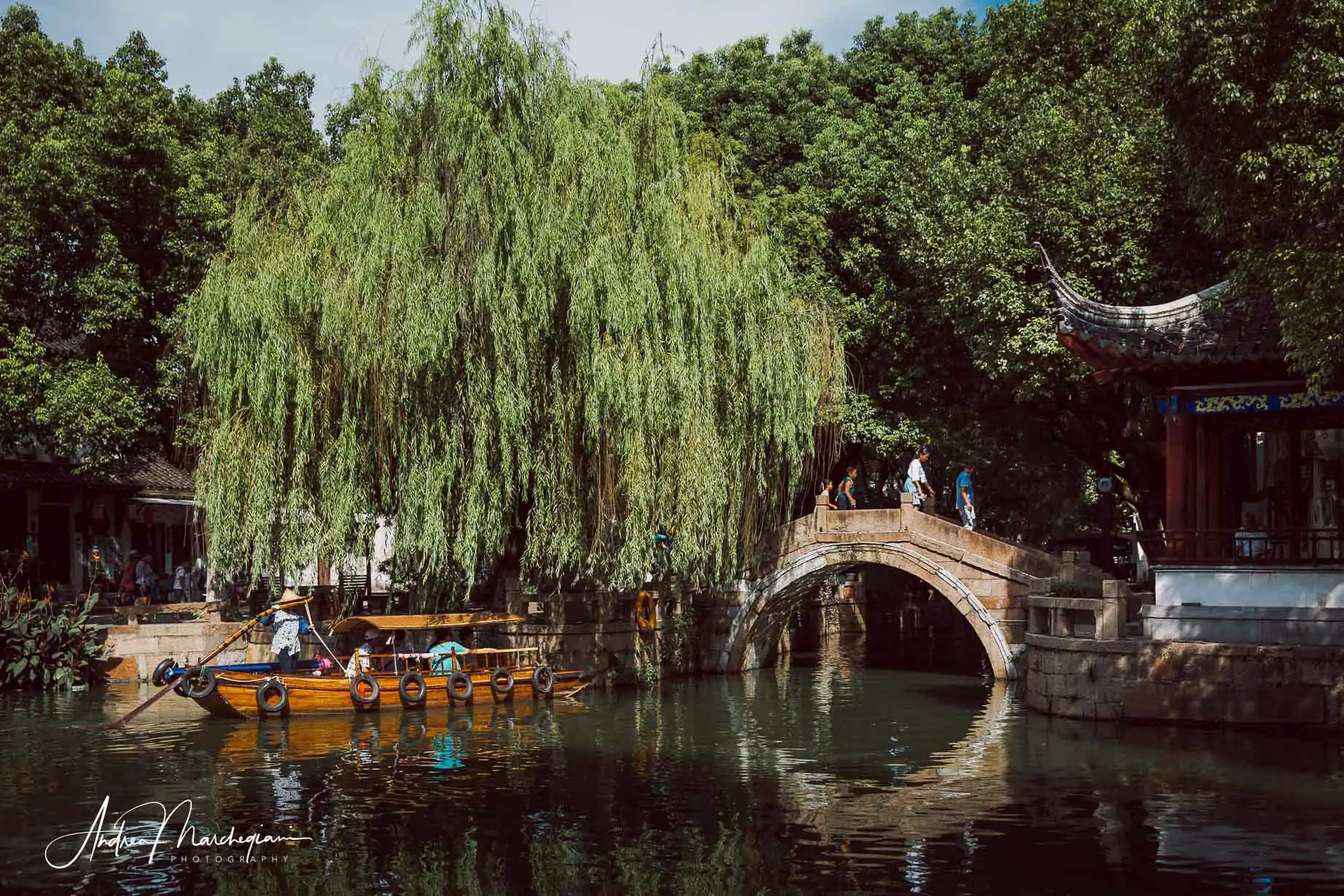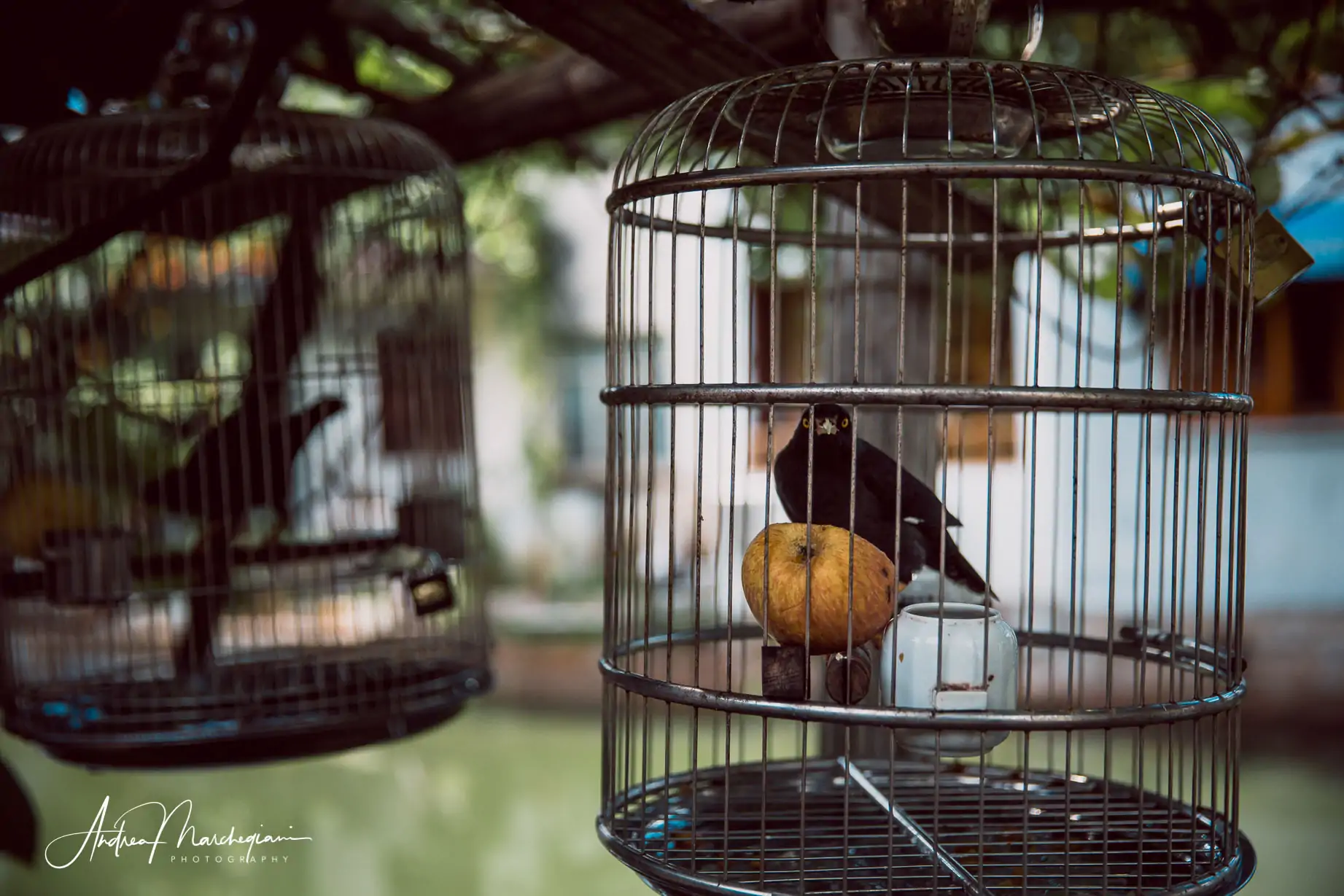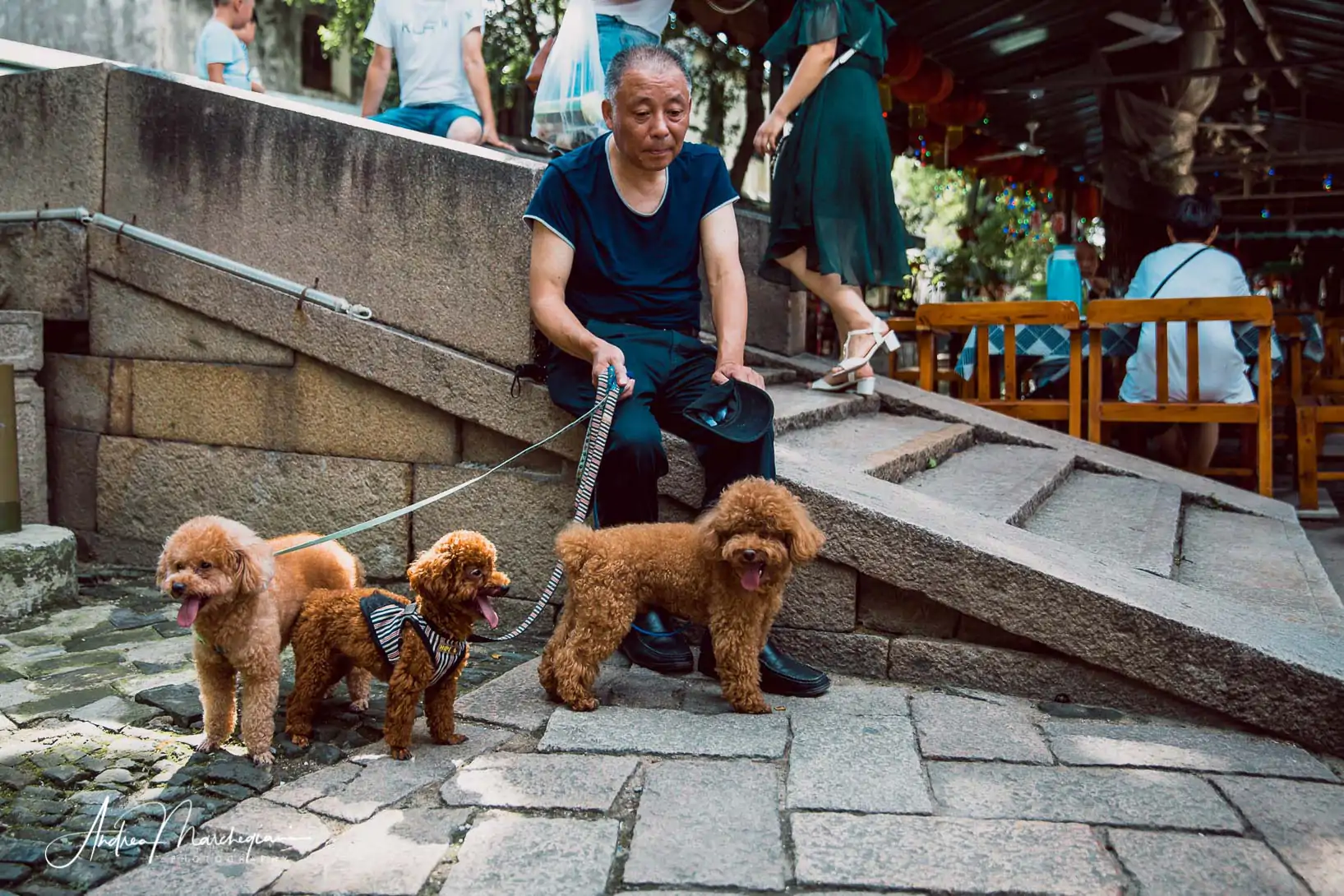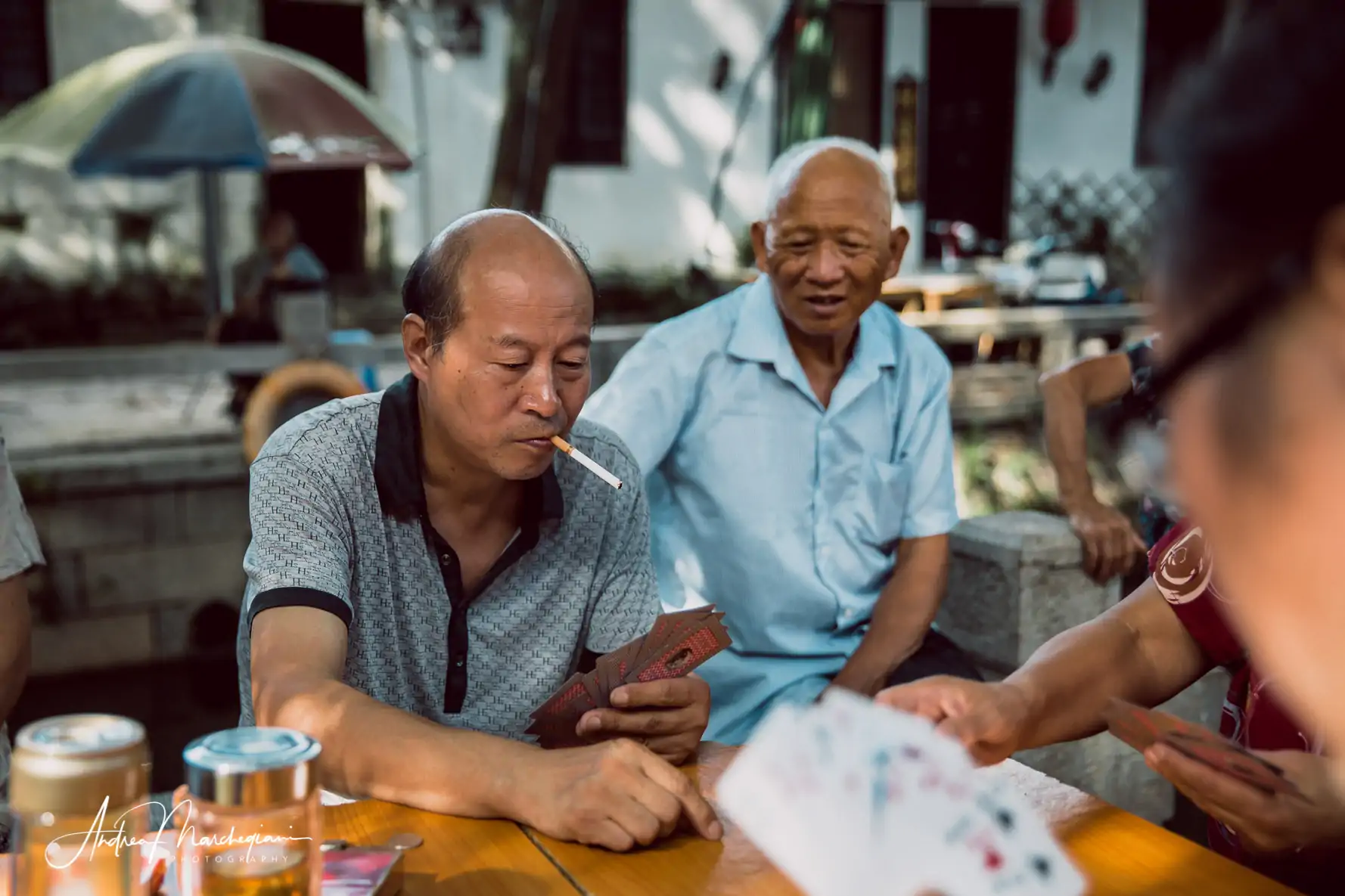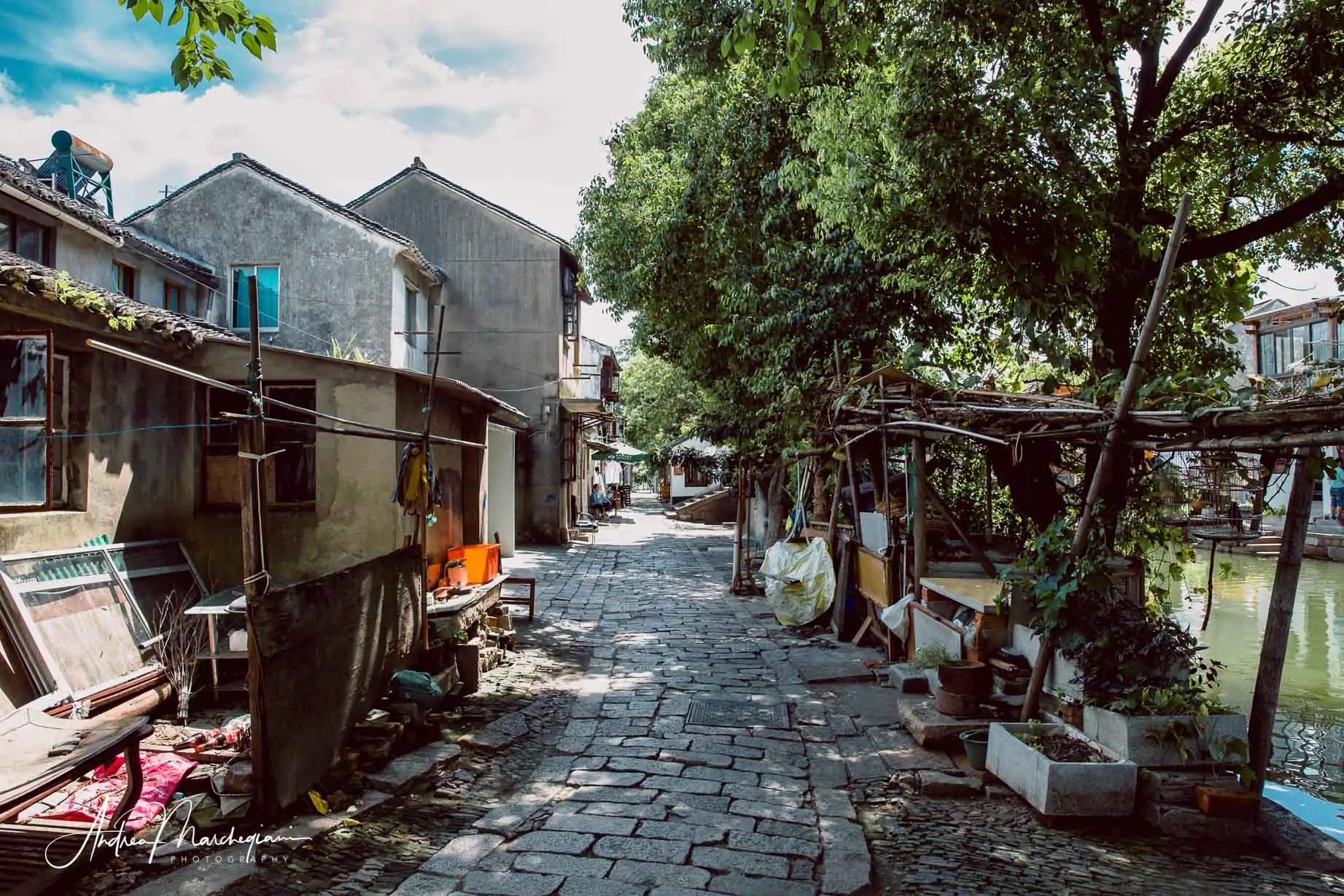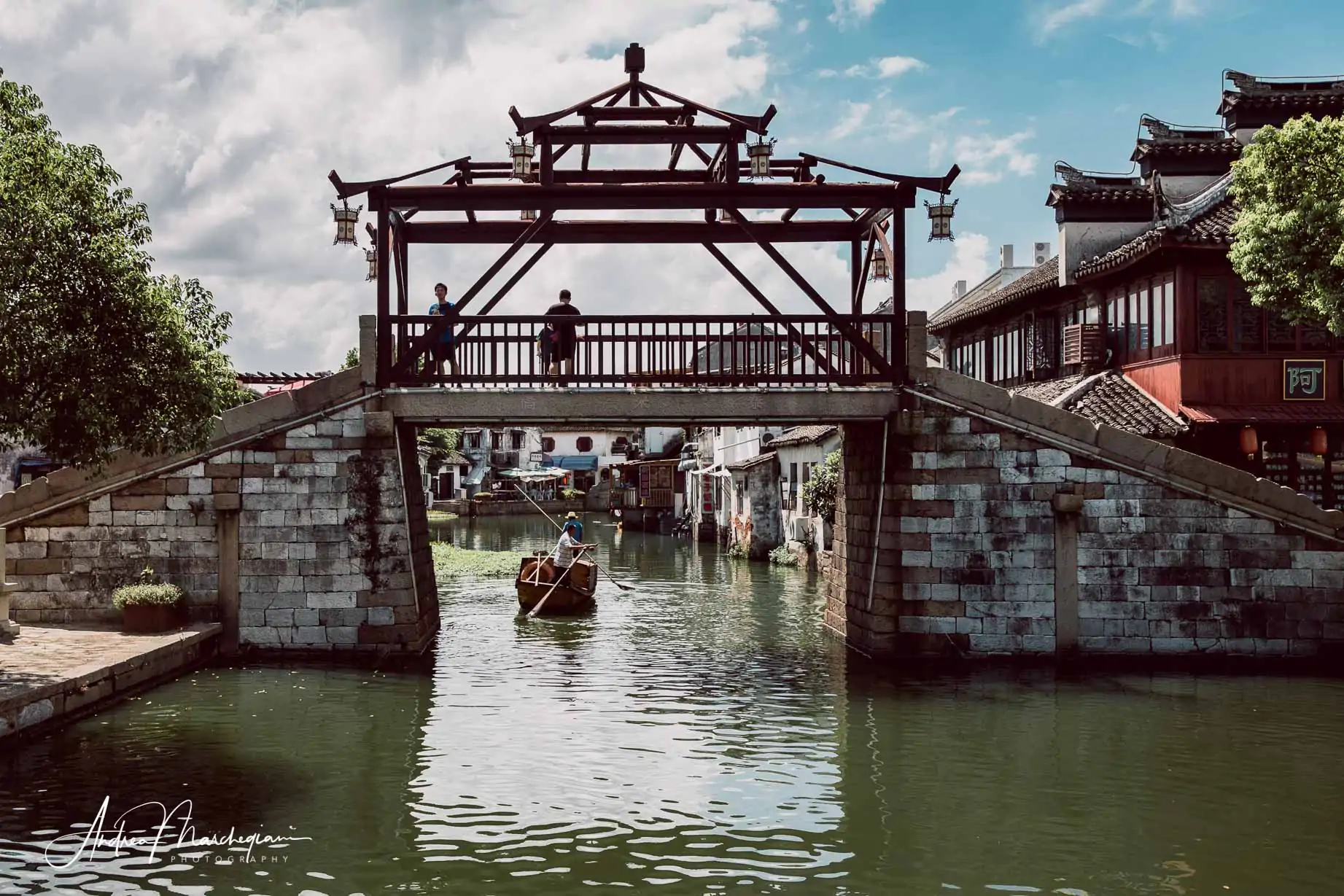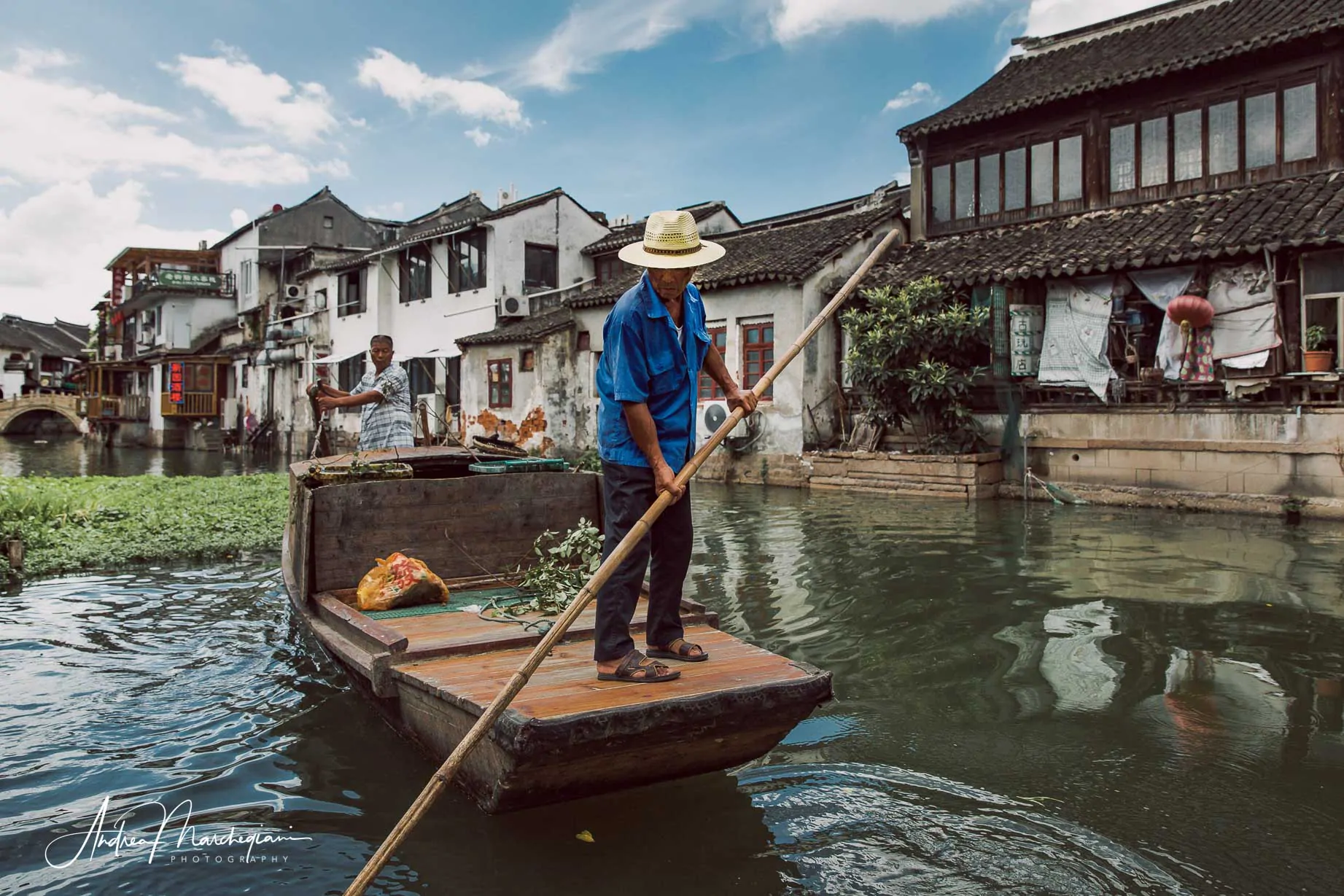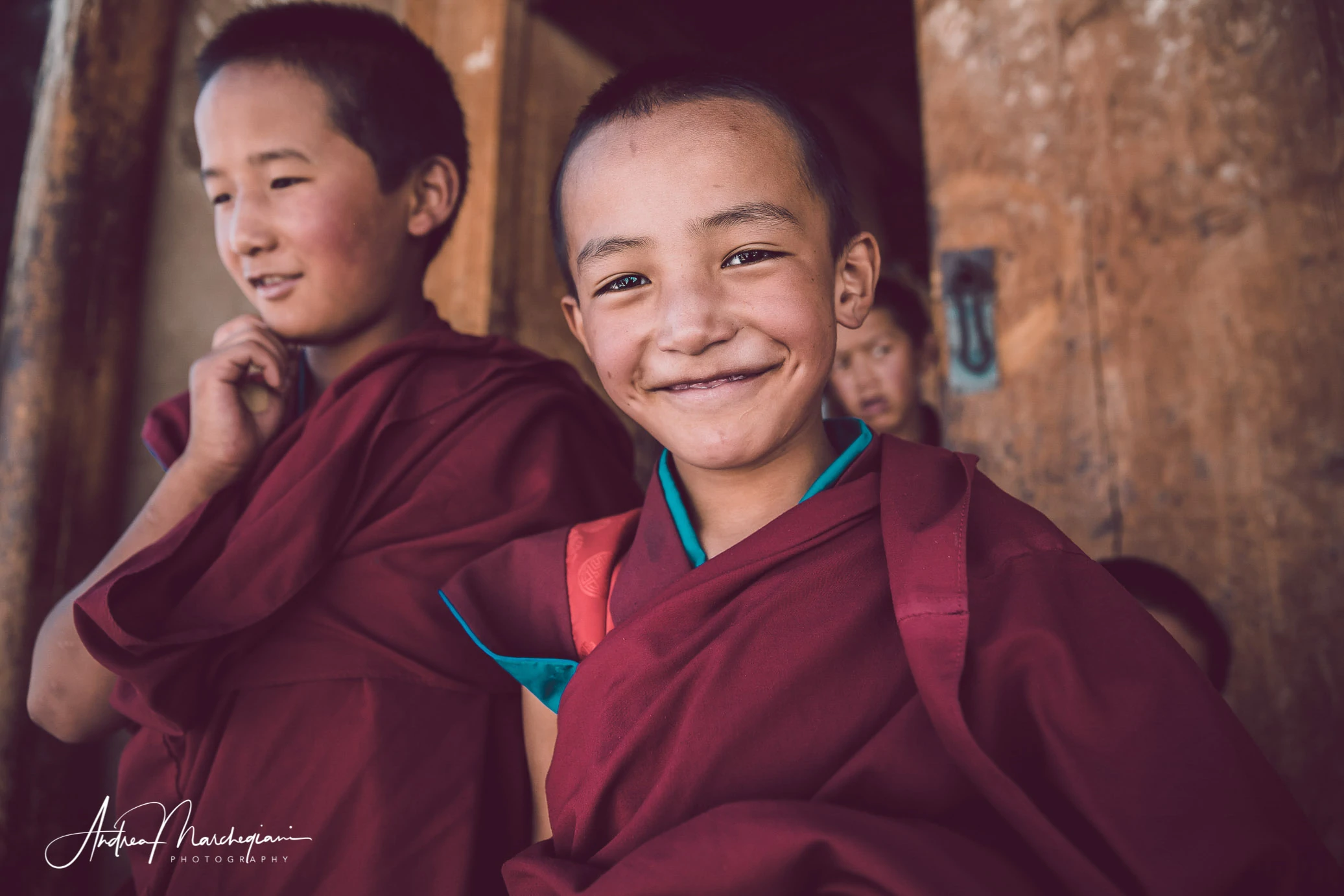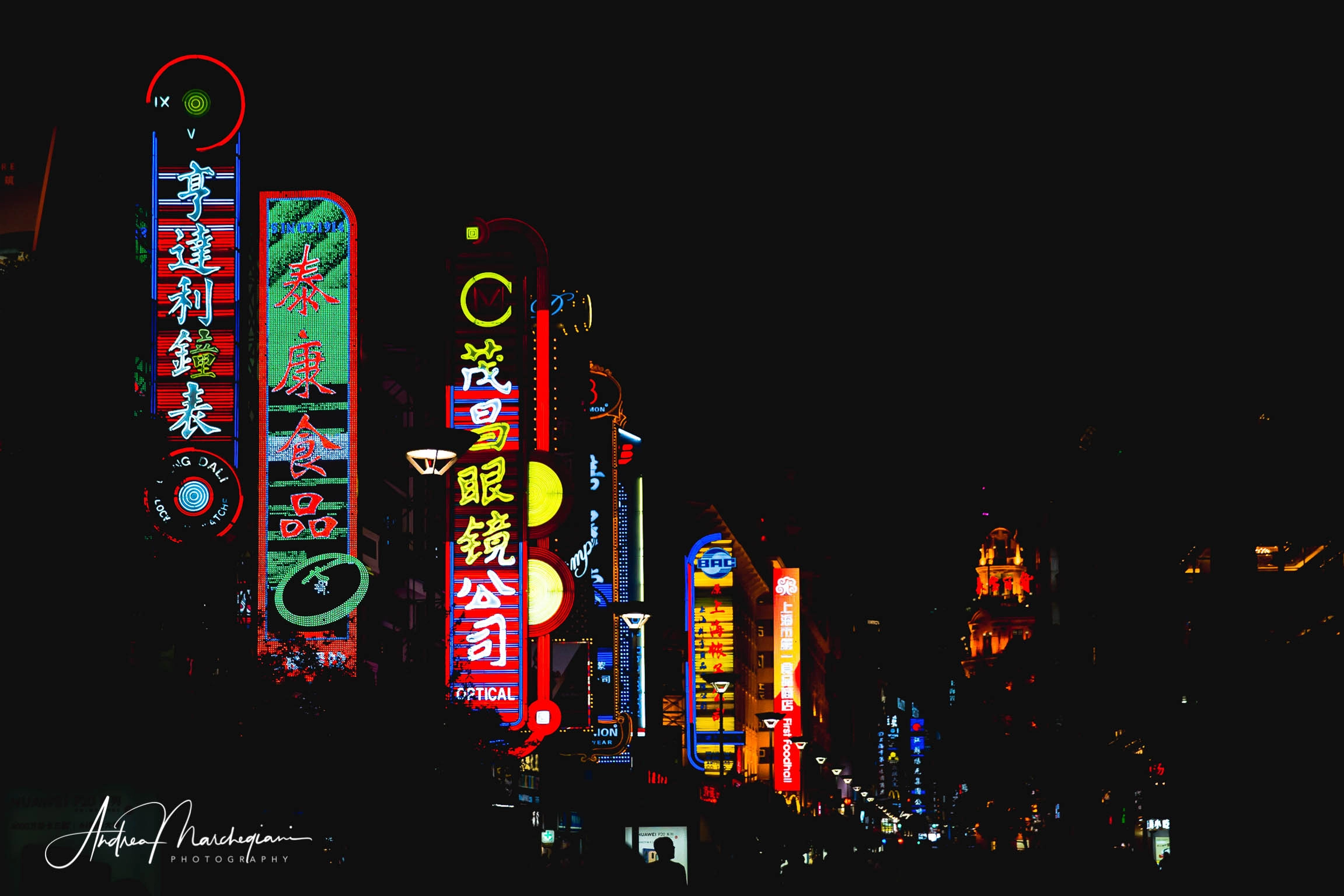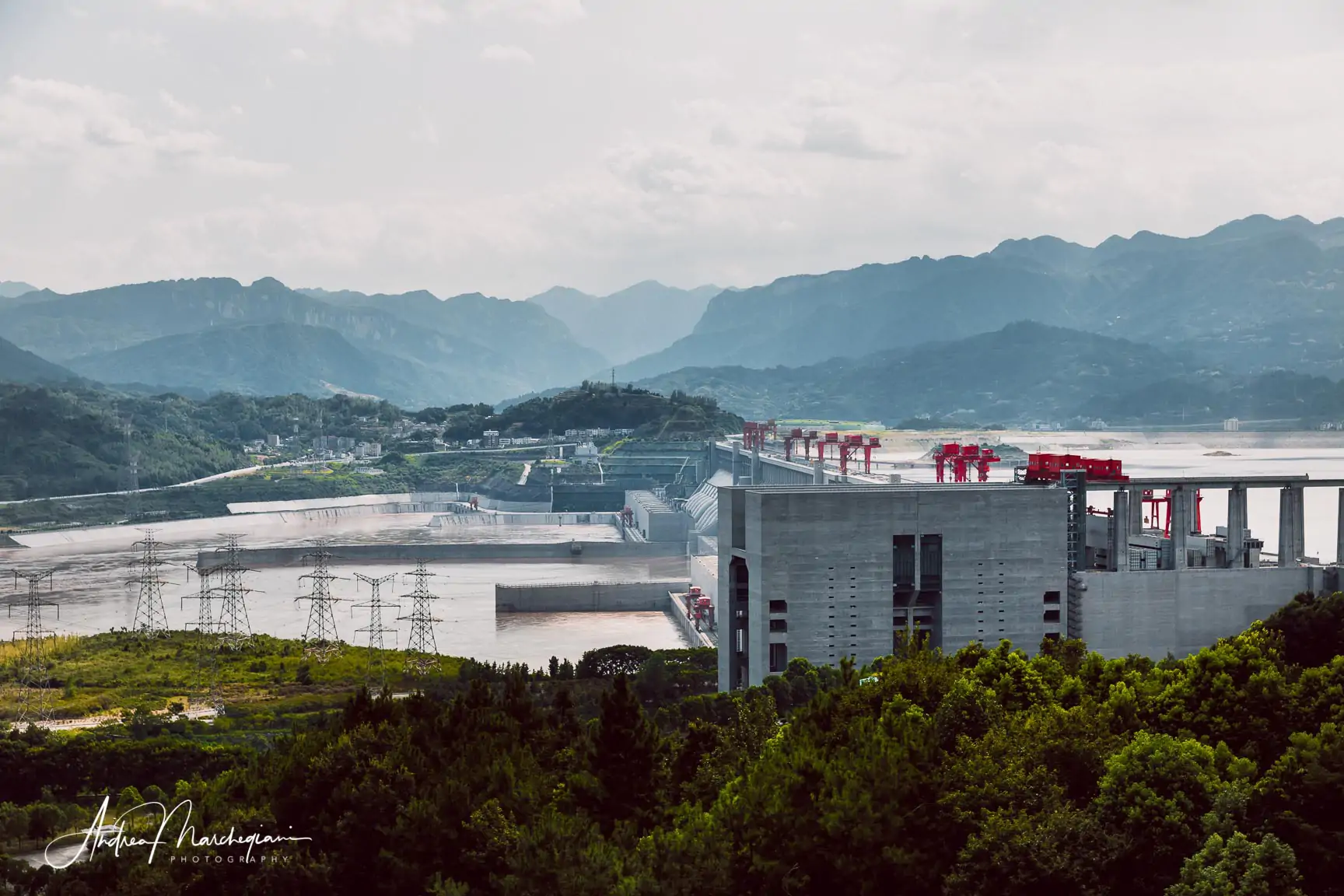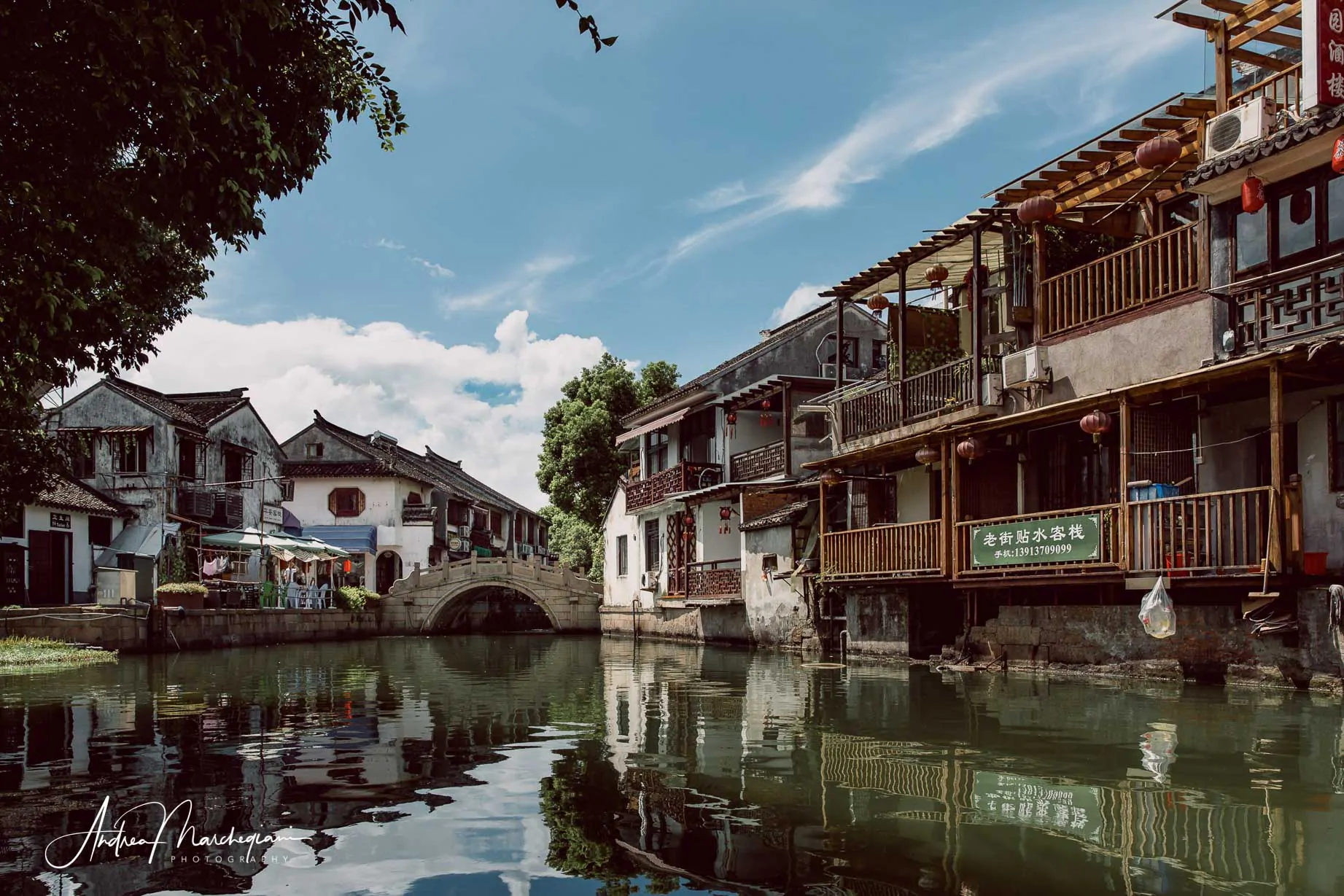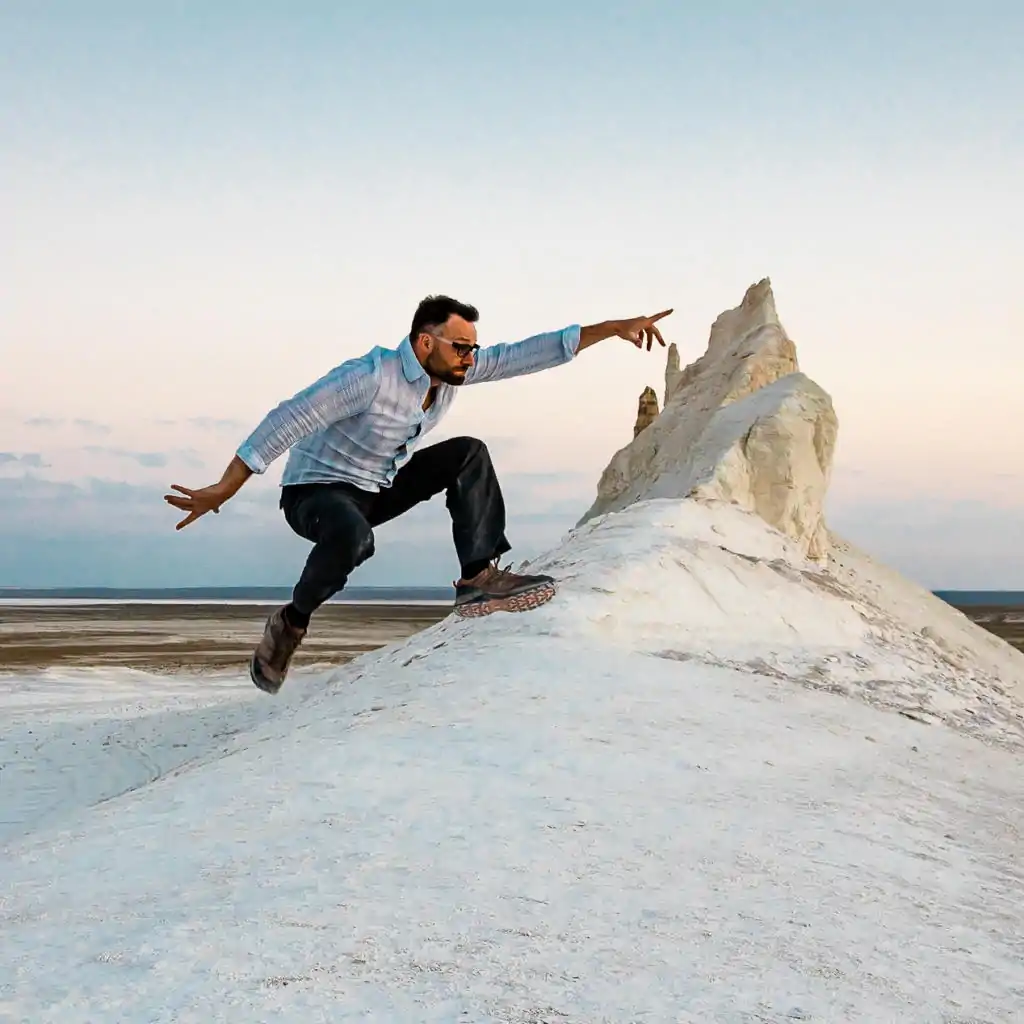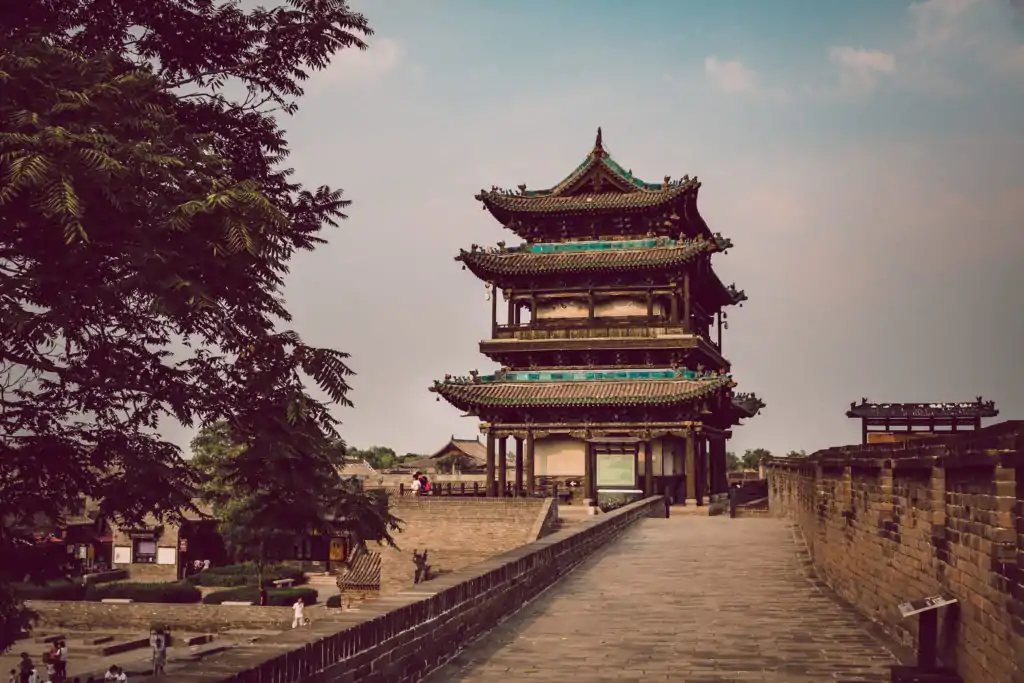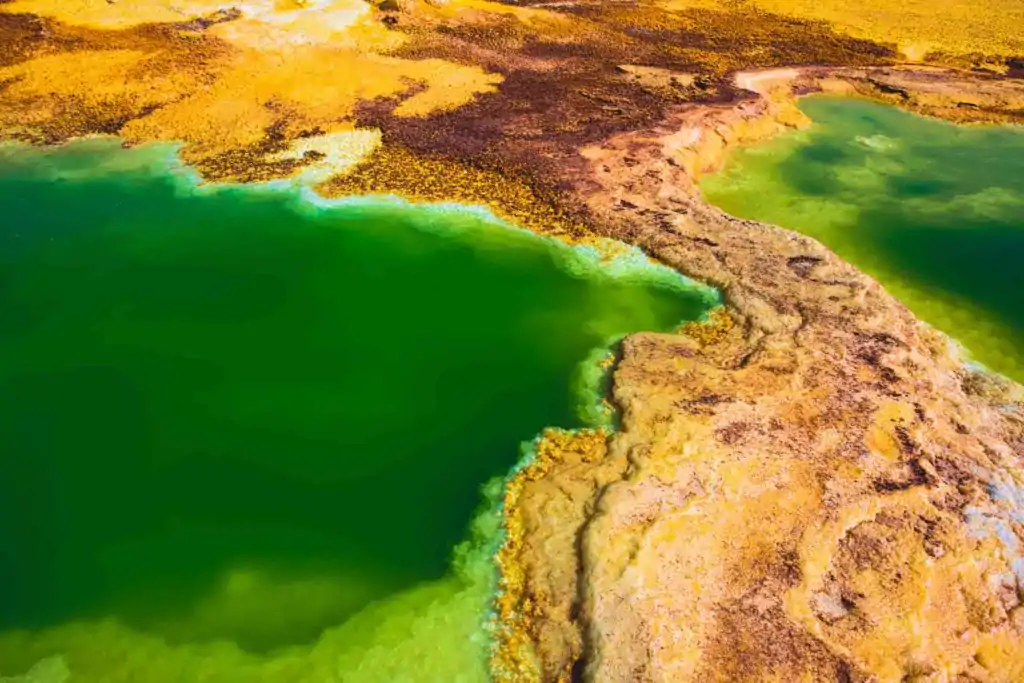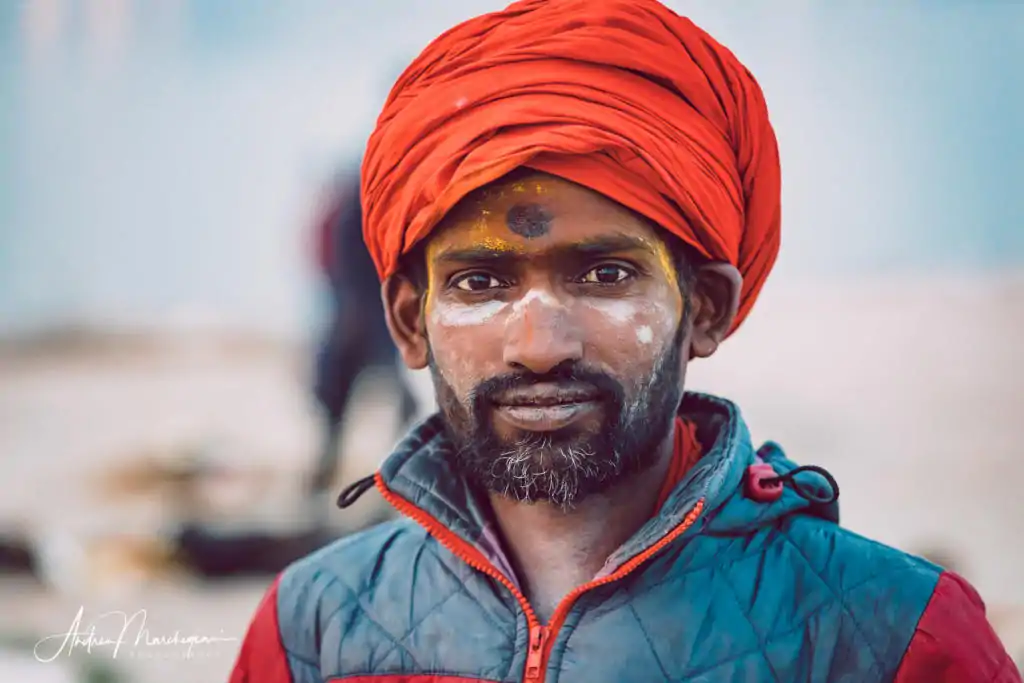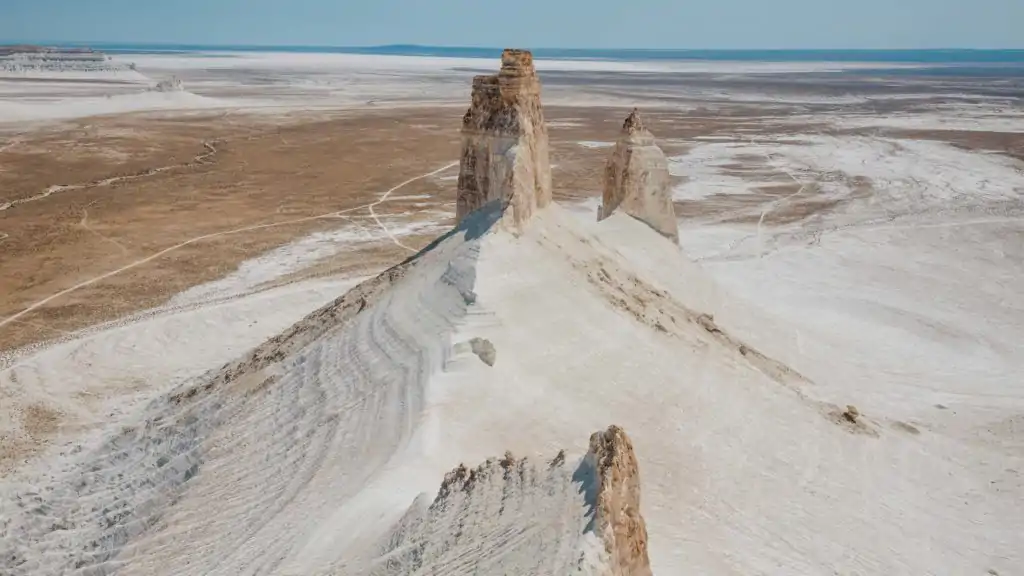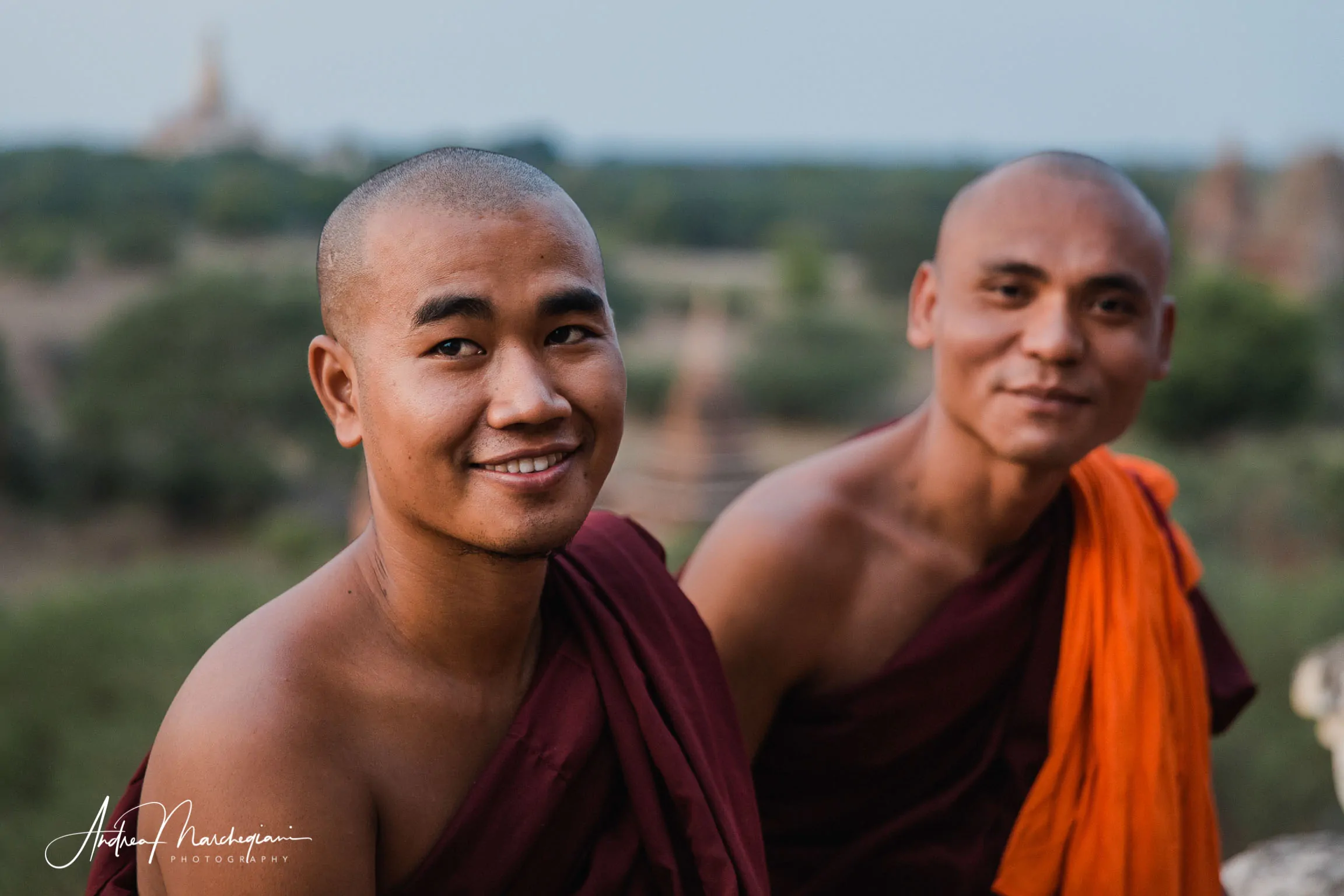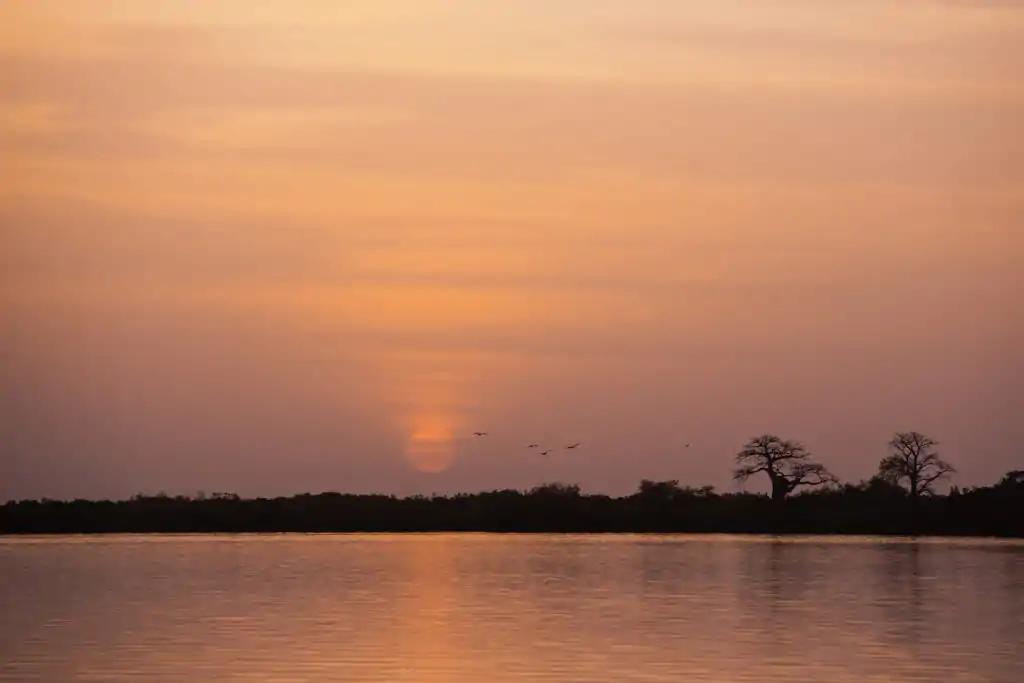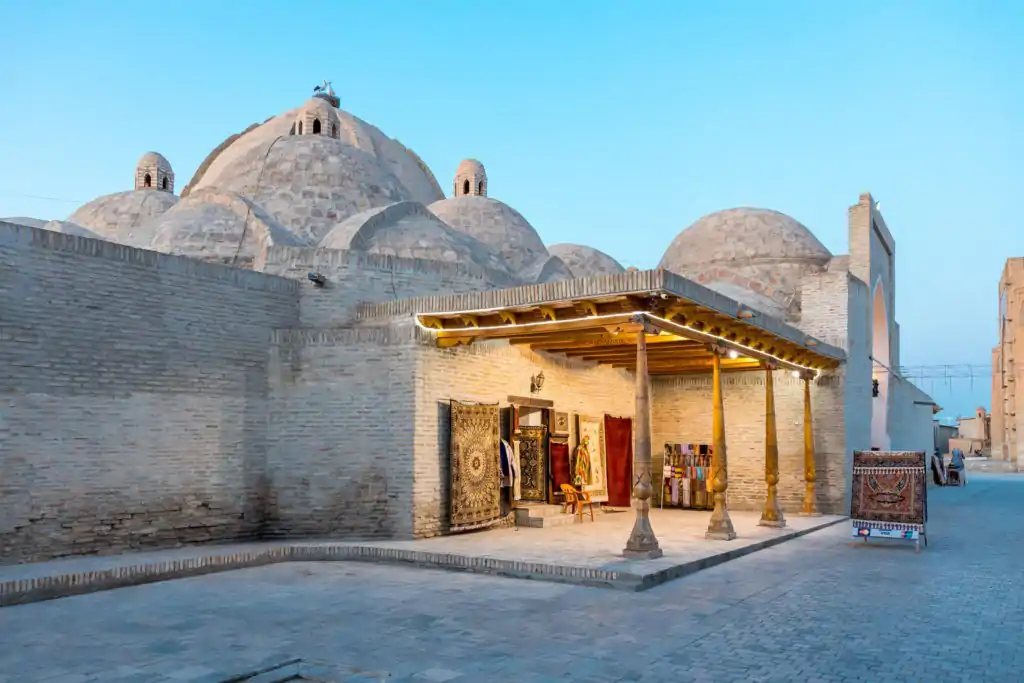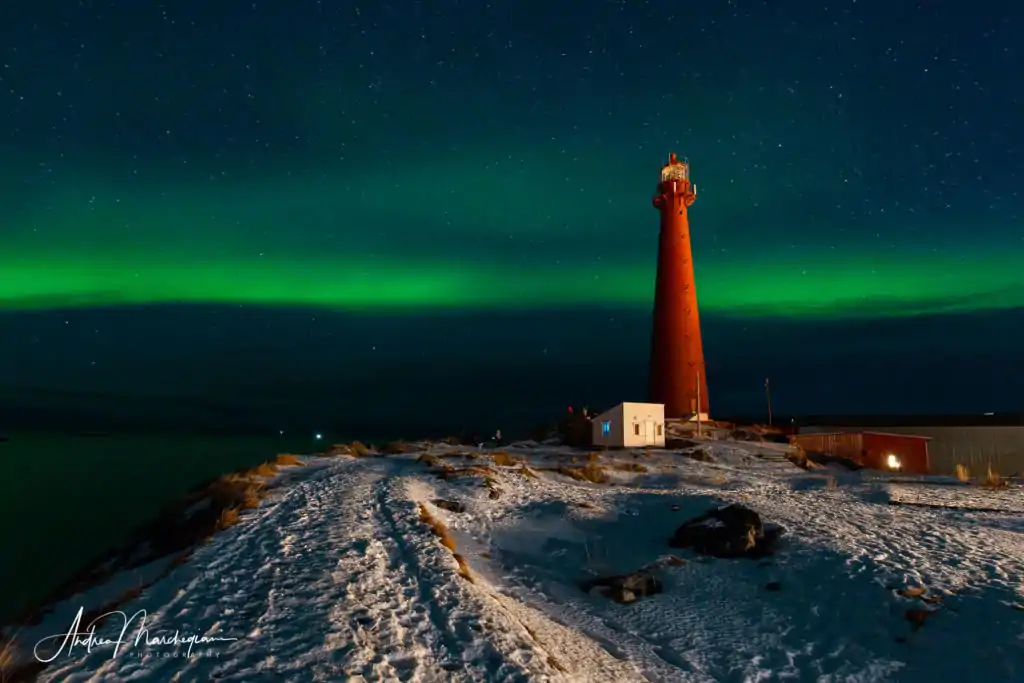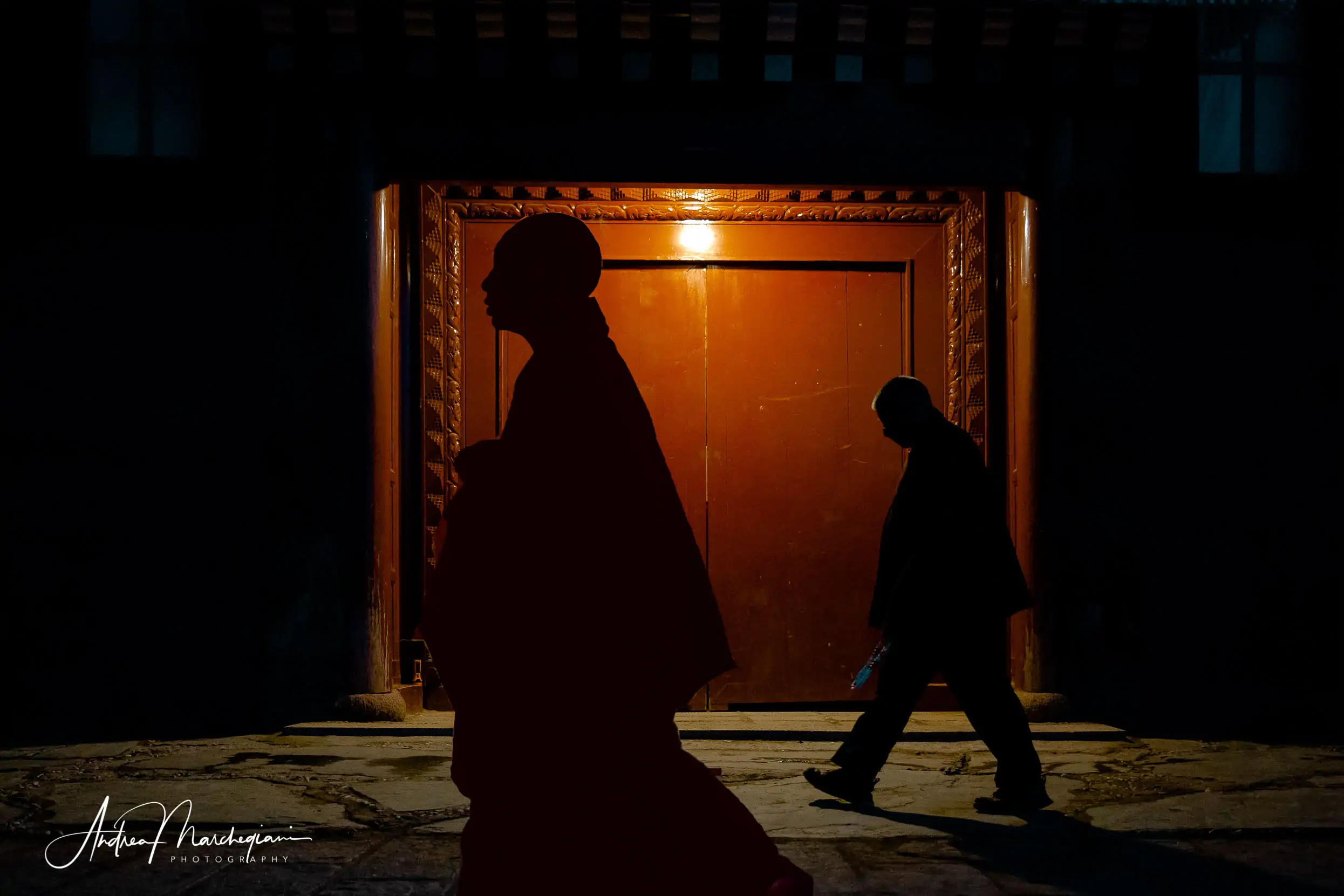
- Home
- Photo Galleries
- Portrait Photography
- Landscape Photography
- Street Photography
- China
- Ethiopia
- India
- Holy Ganges
- Varanasi
- Varanasi Ganga Aarti
- Varanasi, Manikarnika Ghat
- Varanasi Streets & Alleys
- Varanasi Demolition
- Varanasi Fruit Market
- Sarnath
- Brick Kilns
- Tamil Nadu, Chennai & Mamallapuram
- Tamil Nadu, Fort Tirumayam & Madurai
- Tamil Nadu, Tiruvannamalai & Thanjavur
- Kerala, Munnar
- Kerala, Peryiar
- Kerala, Backwaters
- Kerala, Kochi
- Kazakhstan
- Myanmar
- Senegal
- Uzbekistan
- Travel Blog
- China
- Ethiopia
- India
- Tamil Nadu & Kerala
- Varanasi
- Whato to do in Varanasi
- Varanasi Life along the Ghats
- Varanasi Death along the Ghats
- Varanasi Ganga Aarti Ceremony
- Varanasi demolished to honor Shiva
- Varanasi Fruit Market
- “Varanasi, A Journey into the Infinite”
- Sarnath
- All about River Ganges
- Holy Shit. All about Indian Cow Dung
- Clean India Project
- Brick factories
- Tilaka, pundra, bindi: what is the mark on Indian foreheads?
- Kazakhstan
- Mongolia
- Ulaanbaatar, the coldest capital in the world
- What to do in Ulaanbaatar
- Chinggis Khan Museum, 6 floors of Mongolian history
- Gorkhi-Terelj National Park and Bodgkhan Natural Reserve
- Altai Mountains, Things to do in Olgii and Sagsai
- Living with the Eagle Hunters
- Sagsai Eagle Festival
- Navrus Festival
- Xöömej, Mongolian throat singing
- Mongolian Food
- Myanmar
- Senegal
- Uzbekistan
- Latest Posts
- Photography Blog
- About
- Prints
Share with your friends:
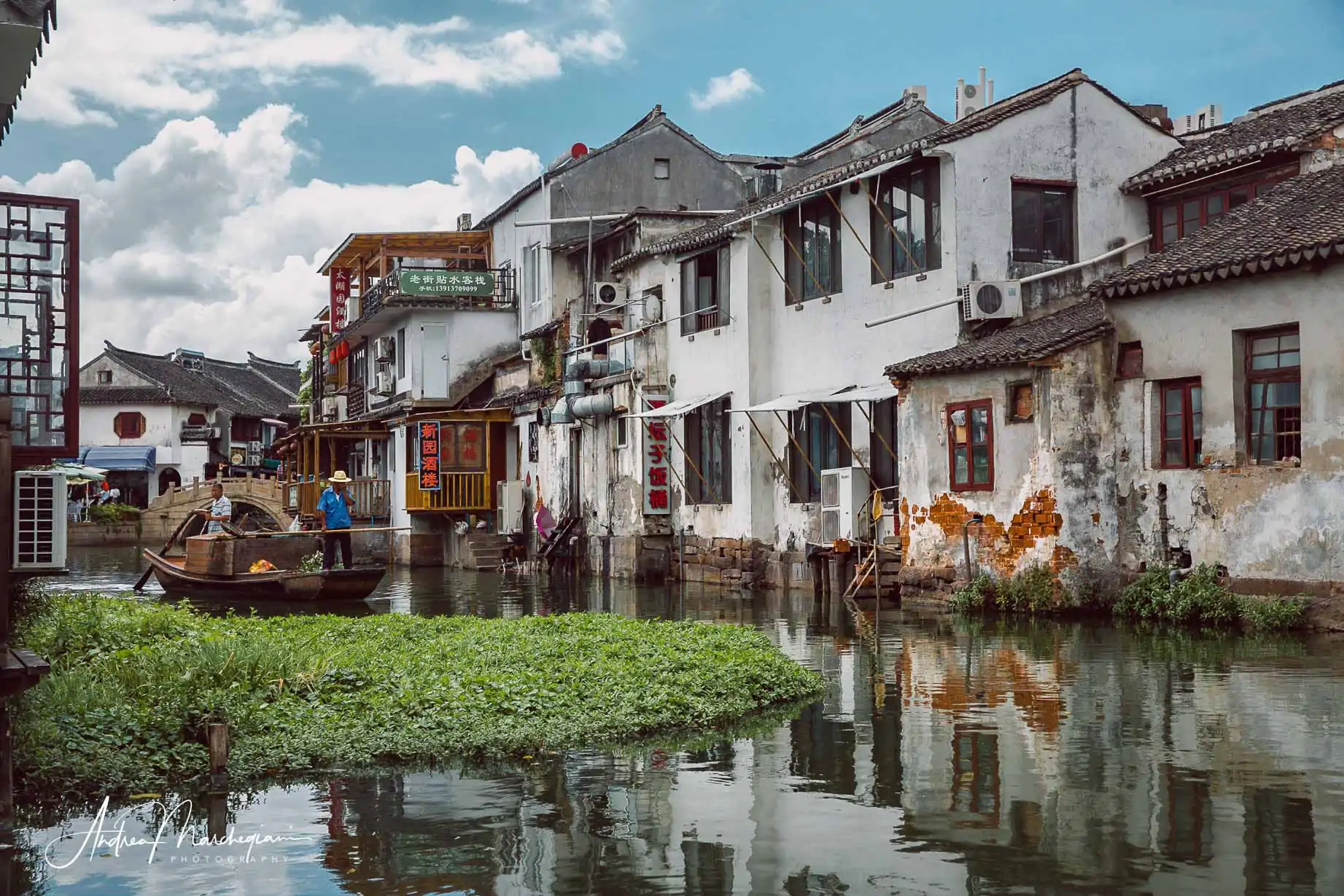
Tongli is one of 3 Chinese cities known as"Venice of the East"
“You can’t miss the wonders of Tongli, the Venice of the East”.
As soon as I read this sentence on my China tour guide, my stomach gets angry. Or maybe it’s the stinky tofu I had the night before at the Shanghai Godly vegetarian restaurant. The food is delicious here and if you come to town I recommend you try it. By mistake I ordered a dish of chou tofu, also called “stinky tofu”, with a terrible smell but with an addictive taste. I take courage and taste it. It immediately wins me over and I eat a whole dish, among the disgust of my fellow travelers who did not want to taste it. But let’s go back to the romance of Venice.
“Actually, there are three aquatic towns that compete for the title of Venice of the East“, I continue reading. “Tongli, Suzhou and Zhouzhuang – and they are all less than 100km from Shanghai“.
“I guess they think there’s something to be proud of by making the best copy of the original city,” I mutter. But I understand this is an important aspect of increasing tourism.
I only hope that Tongli is not as tacky as Tianducheng, the Chinese Paris famous all over the world for its questionable replica of the Eiffel Tower.
The bus leaves us at the entrance of the city, which you access by paying a ticket. Despite the heat of August and my prejudices, Tongli immediately manages to impress me.
Tongli, a thousand-year-old city on the Yangtze River
Tongli does not resemble Venice at all, except for the fact that it is an aquatic city, but it does not intend to replicate any aspect of it.
Tongli is actually a thousand year old town, built on the delta of the Yangtze River, in a region rich in rivers and lakes. It is spread over 7 islets: 15 small canals run through the city and 49 bridges, built in different eras, connect the historic center. The most famous are the Taiping Bridge ( Pace), Jili ( Fortuna) and Changqing ( Celebration), which are considered sacred and are crossed at different celebrations to bring peace, luck and happiness in one’s life.
Most of the buildings are from the Ming and Qing periods, so they were built between 1330 and 1900, when the town became the residence of nobles and artists who moved there from other regions of China to get pleasure or inspiration from its beauty.
Every glimpse is magical. The town has recently opened to tourism and still retains a pristine appearance. Wandering around Tongly, we end up in a suggestive tangle of narrow streets and secondary alleys with a decadent charm, until we lose our orientation. We meet groups of elderly people sitting at bar tables playing cards and xiangqi; old ladies knitting or just enjoying the cool breeze in the shade. They ignore us, trying not to pay attention to tourists who break into their habits; but they also look at us with curiosity and can not help but reciprocate our smiles.
I leave Tongli at sunset, with the regret of not being able to enjoy its view at night. Who knows how the lighted lanterns reflect on the water. I promise never to describe this place as the Venice of the East. It may be a marketing ploy and it will certainly bear fruit, but it debases it. Tongli deserves to be Tongli, melancholic and millennial.
